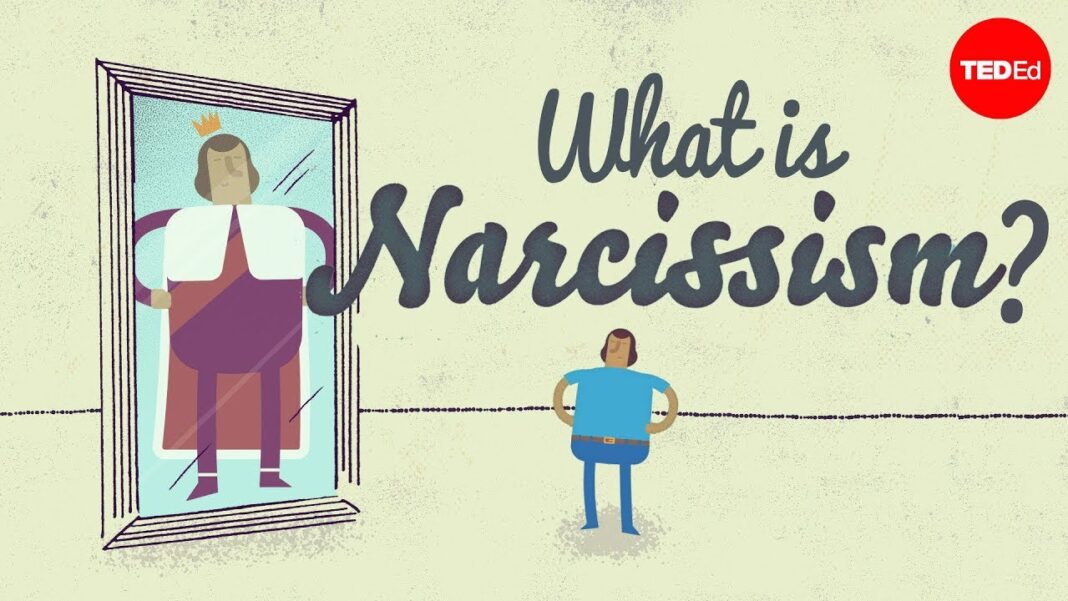Commentary
Denmark’s government has announced plans to expand copyright law in “a pioneering measure that would allow people to demand that social media platforms take down digital forgeries” as part of an amendment to the existing Danish Copyright Act. The proposed change does not come under its own legislation, so it does not have a specific name like the UK’s “Online Safety Act” or the U.S.’s “Take It Down Act.” Instead, it would be an alteration to pre-existing legislation.
According to the Danish government, the revised legislation will grant individuals legal control over their digital likenesses, voices, and facial features, thereby mitigating the risks associated with unauthorized AI-generated content.
If you’ve ever seen a video comparing AI-generated videos from just two years ago to those today, you’ll appreciate the jump in progress, and the feeling of whiplash it causes.
Videos generated in 2023 were, frankly, abominations: clunky, looking like they were drawn by a kindergartener, and with physics-breaking movements. In 2025, however, they are terrifyingly real. Your own face could be looking back at you, speaking words you never spoke, in your voice and cadence, so convincing that you might believe you are watching a video of yourself.
AI offers a world of opportunities. In the same way that people born even in my generation never imagined a powerful computer in their pockets capable of connecting people with video calls across the world, answering questions in mere seconds, or broadcasting thoughts instantly, imagining that AI could become powerful enough to produce an entirely fake video about people who have never existed was the stuff of science fiction. And yet, here we are.
Just as superfast Internet speeds changed the way we interact with and even perceive the world around us, AI seems to be the next quantum leap in changing mankind’s relationship with technology. Already, many are using AI in their daily lives, from innocuous uses of making themselves look like Studio Ghibli characters, to asking ChatGPT or Grok to write them an email they’re too busy (or too lazy, depending on who you ask) to compose. But just as people once complained about the proliferation of the mobile phone, there will always be skeptics about technology and its effects on society.
This is not without justification. Already this year, in my country, someone was arrested for using AI to “create deepfake porn,” having manipulated images shared by a woman he knew to imitate pornographic content. The sentencing judge commented, “These people had a right to post their images on social media platforms without fear of those images being warped for sexual purposes,” and of course, he’s right.
By Jake Scott







